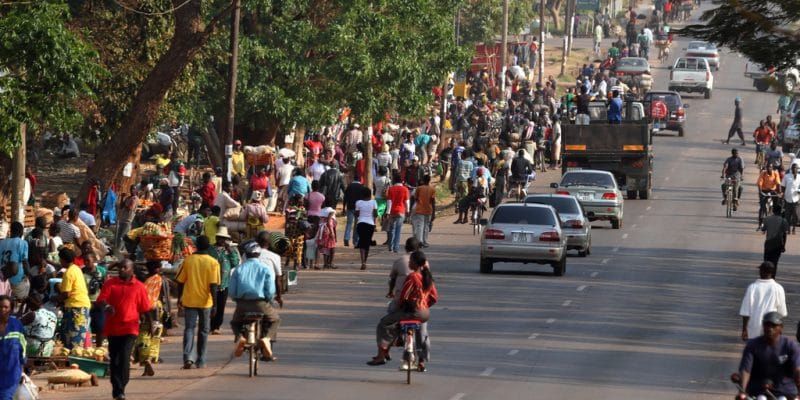The World Bank is providing a $25 million grant to Malawi. The funding through the International Development Association (IDA) is for the implementation of the sanitation component of the Lilongwe Water and Sanitation Project (LWSP).
The World Bank is releasing additional funds for the Lilongwe Water and Sanitation Project (LWSP). Following the $75 million loan, the group is providing a $25 million grant to Malawi through the International Development Association (IDA). The funding will complete the sanitation component of the LWSP. Under the project, Lilongwe Water Board (LWB) and Lilongwe City Council (LCC), which are implementing the project, will connect 5,000 new households to the approximately 92km sewerage network in the Malawian capital Lilongwe and upgrade the existing Kauma wastewater treatment plant. The plant currently treats 15,600 m3 of wastewater per day, compared to 61,000 m3 when it was commissioned.
Read Also – AFRICA: The continent is tackling the tide of waste that fouls the environment
This phase of the LWSP project also aims to construct 8,000 improved sanitation facilities for vulnerable households, markets and schools. All the sanitation facilities will benefit approximately 250,000 people in Lilongwe. The Government of Malawi plans to complement the World Bank funding with a US$2 million package.
The Lilongwe water and sanitation project was launched in 2018. After improving access to water in the first component of the project and sanitation services in its second phase, phases III and IV will follow which aim to build the capacity of Lilongwe Water Board and Lilongwe City Council staff to better manage the new sanitation facilities.
The sanitation project in the Malawian capital should be completed in June 2023.
Inès Magoum







